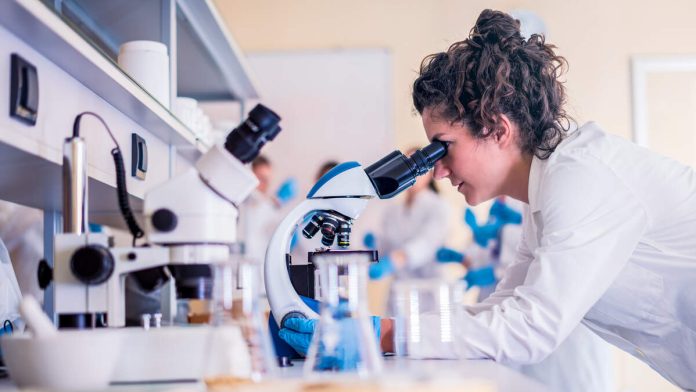This spring, the National Institutes of Health (NIH) began terminating programs at numerous colleges, affecting students in California who aspire to become scientists. At least 24 campuses within the University of California and California State University systems lost training grants that provided annual stipends of approximately $12,000, partial tuition waivers, and travel funds for research conferences. The number of affected programs is likely higher, as the NIH did not provide a complete list of canceled grants to CalMatters.
Cal State San Marcos, a campus in north San Diego County, lost four training grants valued at about $1.8 million annually. These grants, including the U-RISE program, allowed students to focus on research without the need for part-time jobs. Richard Armenta, associate director of the campus’s Center for Training, Research, and Educational Excellence, expressed concern over losing a generation of scholars who might not pursue doctoral paths without these programs.
The cuts are part of a broader trend of research funding reductions under President Donald Trump’s administration. Since his second term began, hundreds of millions of dollars in grants have been canceled, impacting various fields, including cancer research. According to The Hill, these cuts have stalled progress in medical research and halted the acceptance of new Ph.D. students.
The NIH’s decision aligns with the Trump administration’s anti-diversity stance, which has led to the cancellation of grants related to diversity, equity, and inclusion. As reported by CNN, the administration has threatened to cancel funds for universities with diversity programs, affecting critical research in areas like maternal health and cancer.
In California, the loss of NIH training awards is a significant setback for aspiring scientists, particularly at campuses like San Marcos, where many students rely on federal financial aid. The current climate of doctoral admissions demands prior research experience, which these grants facilitated. Without them, students face increased challenges in entering doctoral programs, potentially affecting their future careers in science.

Recent Comments